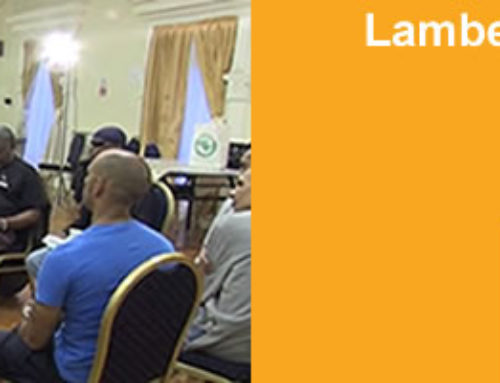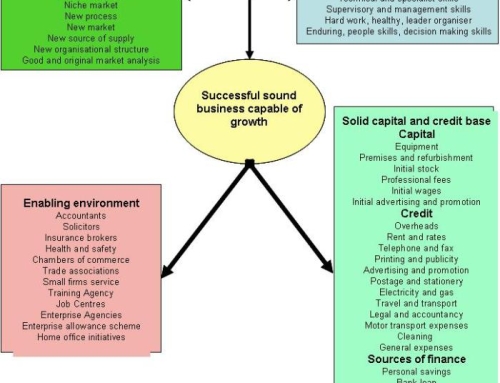Organising
Question
You referred to the principles of management in your last advice shop, what does organising entail and how different is this from the other principles
Asif – Bristol
Answer
There are different ways of looking at the work that managers do. One way is to look at this from a traditional view of the process of managers at work. The sequence of activities suggests that managers plan, organise, staff, lead, and control.
Organising deals with the activities of determining the tasks, assessing the capacity, setting up the structure of the organisation to meet the objectives, and scheduling the process of the work.
In determining tasks to be undertaken managers have to be mindful of the best structure that would fit the organisation. Some organisations are organised along functional management lines, others are better suited under or client focus and yet others are organised around geographical lines.
The bulk of what managers do in organising is to ensure that the operation fulfills the organisation’s objectives whilst satisfying the needs of the clients.
So local authorities and central governmental agencies carry out a lot of restructuring to meet the changing demands of the external environment and to resolve the challenges of the internal organisation. Another major reason why restructuring and organisational design takes place is that there are competing forces that propel and make demands on how the organisation must function.
Specialisation – tasks need to be broken down and regrouped and the most competent people need to be trained to carry out these tasks
Standardisation – it is easy to run an operation with a standardised set of policies and practices for all employees, this also enables staff to gel together but also to move around into more challenging tasks
Co-ordination – there is a line of command and supervision that ensures that organisations are effective; this is often determinant of the style and culture of the organisation. Some organisations are more hierarchical than others
Authority – the decision making process within the organisation needs to be formalised. Authority that people have is often balanced by their responsibility.
Within central and local government, the new thinking is towards ensuring that the organisation’s objectives are linked directly to the needs of the users who are also the electorate. The implications are that most managers now have to develop work programmes linked to the funding that is available.
At the micro level of management in departments, the process of organising deals with how resources are assembled to discharge tasks. A simple work programme will set in tabular form the different elements.
- The objectives of the particular project or department
- The different tasks that have to be performed. The routine tasks are separated from the specialised tasks; the functional tasks are also delineated.
- The activities that are required for each task are noted
- The person who will be responsible for implementing the activities
- The person who will supervise the activities
- The targets that are to be achieved
- How the results are reported
Within this structure are important issues such as who is responsible for operational activities and who provides support, ultimately who provides management direction need to be resolved.
After the process of organising one then focuses on the how the human resources in the organisation are deployed.
Ade Sawyerr is a partner of Equinox Consulting, a management consultancy that provides consultancy, training, and research and focuses on the economic advancement amongst minority groups including management development and leadership training programmes. Please send your questions to him at ades@equinoxconsulting.net






Leave A Comment